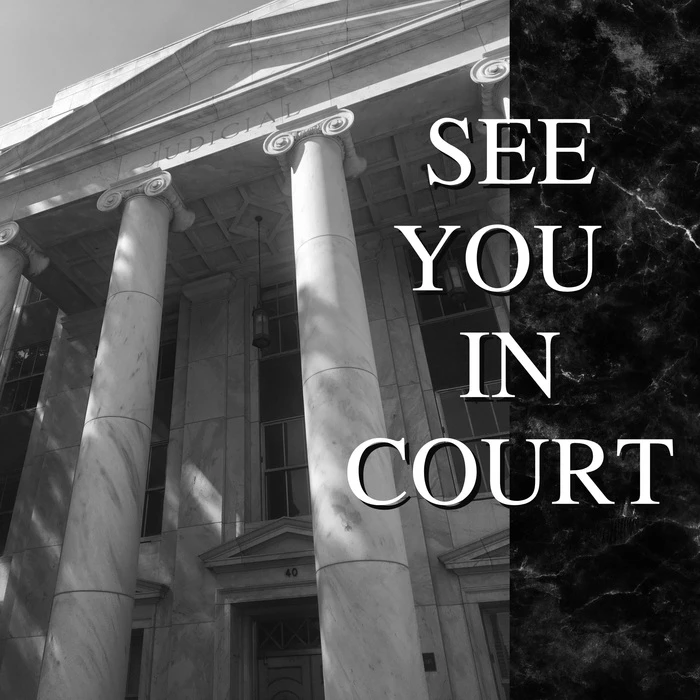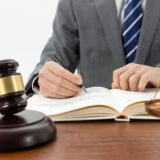Georgia’s Criminal Court Process
Georgia’s criminal court process can be complex. Although not intended to be formal legal advice, this article explores the process from the filing of charges through various court appearances and onto trial.
Arrest and Citation
When involved in Georgia’s criminal court process the process starts with an incident leading to charges. These charges can range from minor traffic violations to serious crimes. Depending on the severity, a person may receive a citation directly or be arrested. If arrested, booking at the police station with fingerprinting and photographs follows. Typically, there’s an opportunity to make a phone call before an initial court appearance.
Initial Court Appearance
Within 48 to 72 hours of arrest, an initial court appearance happens before a magistrate judge. The judge reads the charges and checks for legal representation. This appearance also involves discussions about bail eligibility and amount. However, for severe charges, bail decisions might be deferred to a superior court judge.
Preliminary Hearing
A preliminary hearing determines if there’s enough evidence to believe a crime occurred and that the defendant is likely responsible. If evidence is lacking, charges could be dropped. If there’s enough to proceed, the case will move to a higher court.
Charging Documents
Formal charges in Georgia come as indictments, accusations, or information. Indictments are serious and involve a grand jury, while accusations and information are simpler. The type of charge depends on the alleged crime.
Arraignment
At the arraignment, the defendant formally responds to the charges with a plea of guilty, not guilty, or no contest. A not-guilty plea leads to a trial date, while no contest means accepting punishment without admitting guilt. This stage is crucial as the plea shapes the next steps.
Discovery Phase
Before trial, both sides share evidence in the discovery phase. This exchange helps everyone understand the case’s strengths and weaknesses, facilitates plea negotiations, and prepares for trial. It’s a period for transparency and strategizing.
Motion Hearings
Motions are requests made to the court for various reasons, such as dismissing charges or changing trial dates. While not all motions require hearings, some allow the defendant to argue their case before a judge.
Plea Agreements
Most criminal cases are settled through plea agreements before trial. These agreements are negotiated between the defendant’s attorney and the prosecutor to reach a fair punishment, often involving reduced charges or lighter sentences. Plea agreements can significantly shorten the legal process.
Trial
If the case goes to trial, it can be a jury trial or a bench trial (without a jury). The choice depends on the circumstances and strategy. Trials involve selecting a jury, opening statements, presenting evidence, and closing arguments. The goal is to convince the judge or jury of innocence or guilt.
Calendar Call and Beyond
Before the trial starts, a calendar call determines readiness for trial. Following this, voir dire selects an impartial jury, opening statements outline each side’s argument, and evidence is presented. After closing arguments, the jury deliberates to reach a verdict.
Sentencing
If found guilty, sentencing follows. The judge decides the punishment based on the crime’s severity, the defendant’s background, and other factors. Sentences can range from fines and community service to imprisonment.
Subscribe to the See You in Court Podcast to Learn About Civil Suits and Social Changes and More
For a closer look at the intricacies of the legal world, including civil suits and social changes, and the broader impacts of legal decisions on society, consider subscribing to the “See You in Court” podcast. It’s an excellent resource for anyone looking to expand their understanding of the legal system in Georgia and beyond.
Disclaimer: Being charged with a criminal offense is a serious matter. Please seek the representation of a qualified attorney if you find yourself in this situation.






